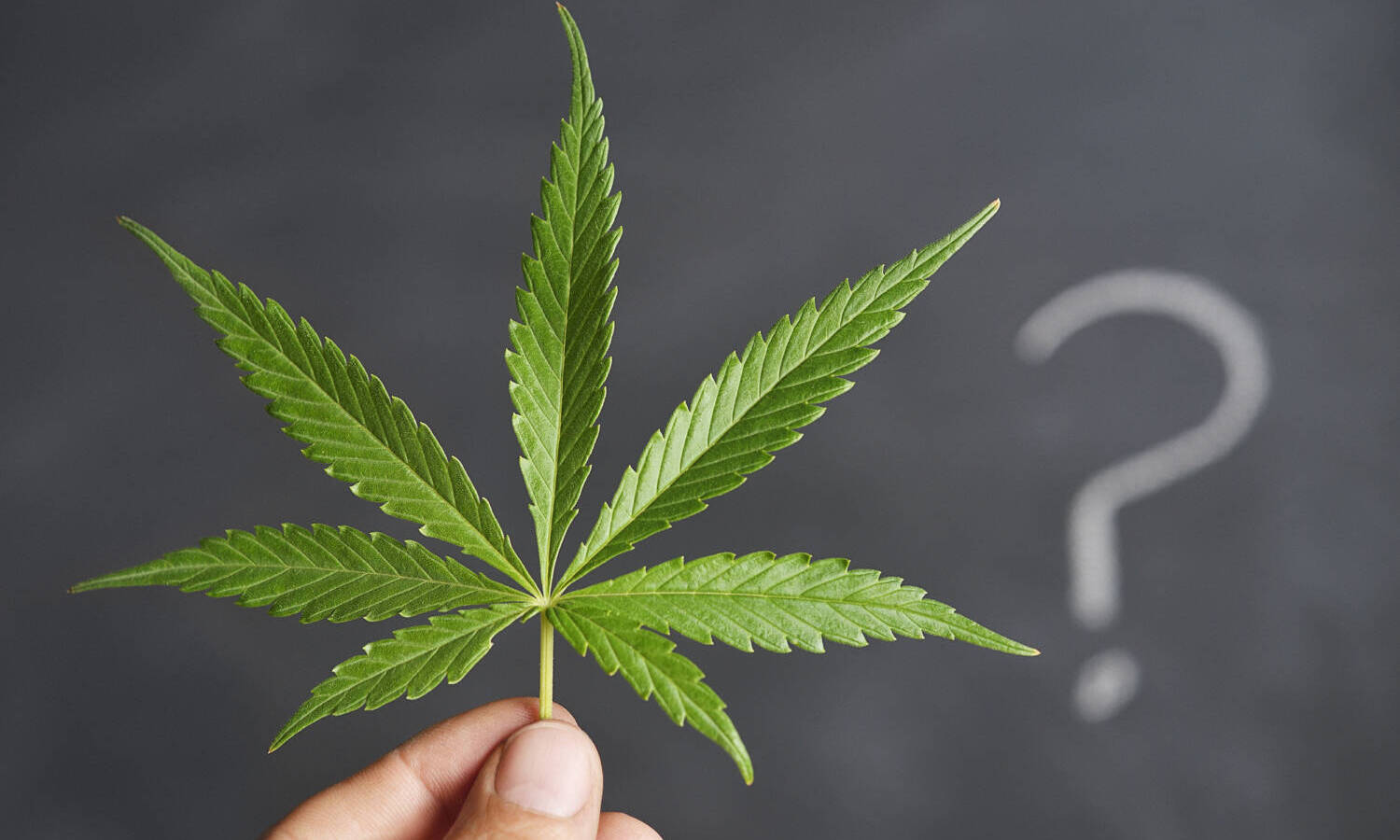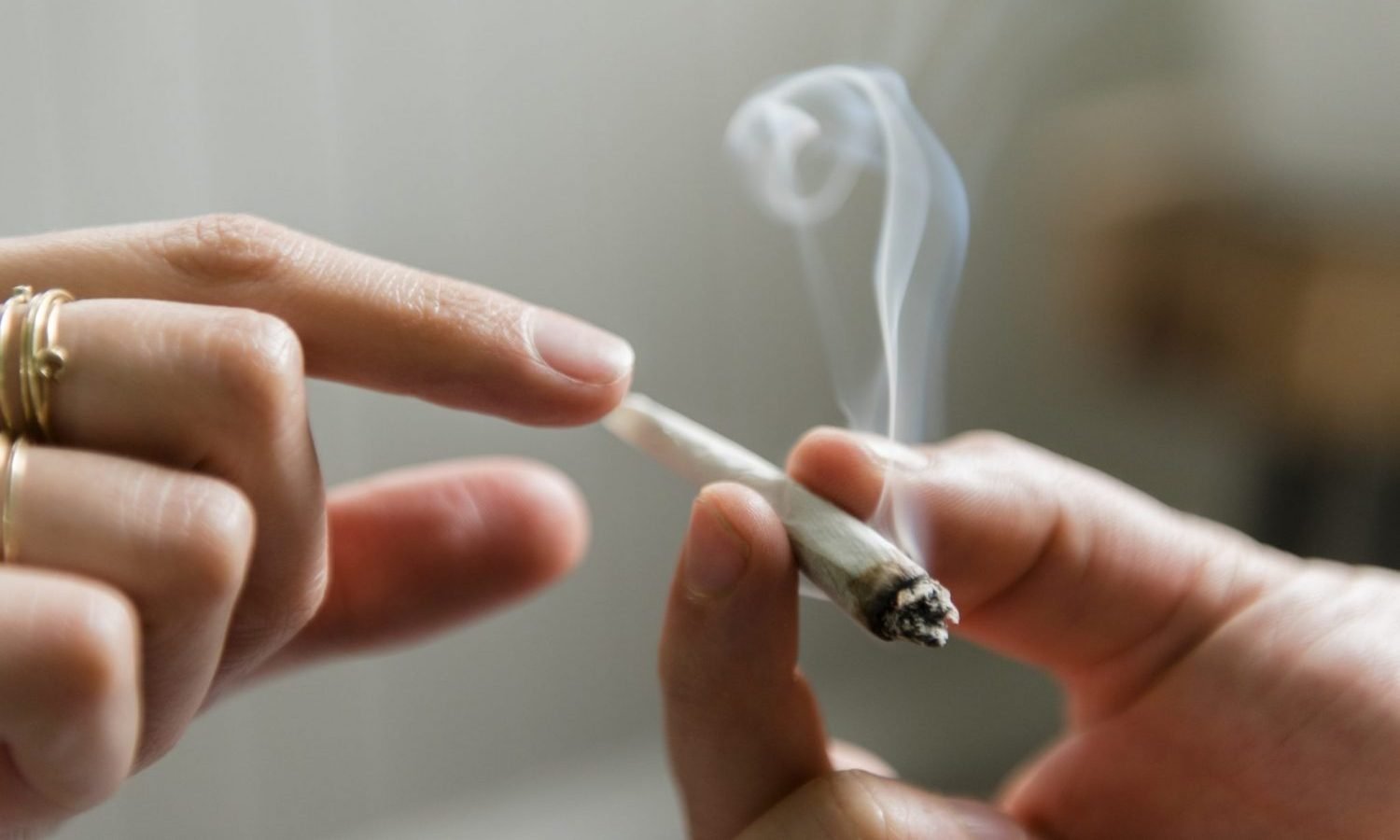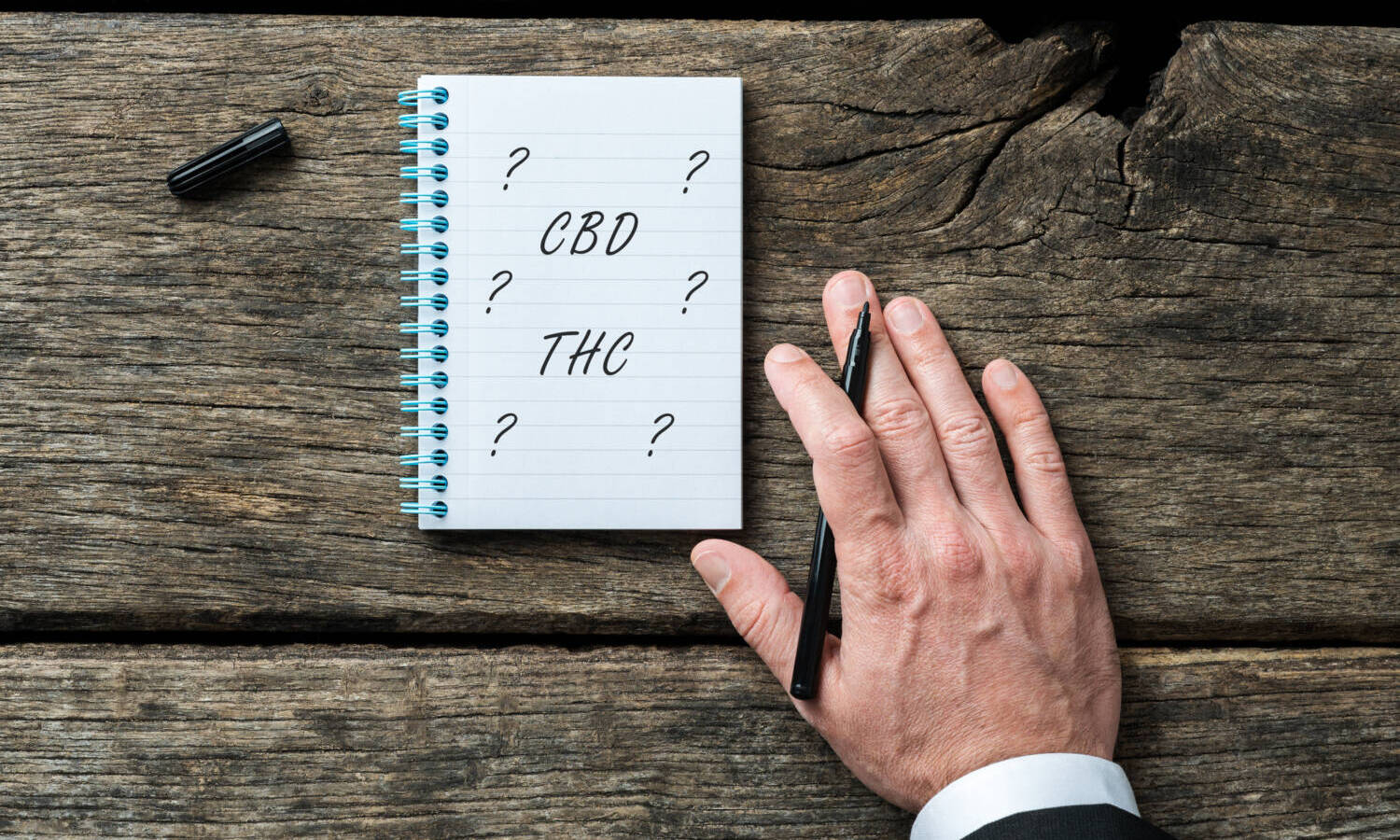With cannabis accessibility on the rise, it’s more important than ever for consumers and patients to have access to objective, evidenced-based information on cannabis use.
Today, almost half of Americans live in states with legal access to adult-use cannabis. Medical marijuana is now legal in 38 states, and adult-use sales are legal in 18 states.
Since I started my career, I have addressed thousands of consumer questions about cannabis, ranging from the most basic to the most absurd. There is no such thing as a silly or stupid question with the growing interest in this as an additional tool to help patients.
It is more important than ever for people to know the facts about cannabis and understand how to consume it safely and effectively. In my experience as a nurse and as CEO of Leaf411, here are the most asked questions.

Q: What’s the best way to consume cannabis to combat chronic pain?
Chronic pain is challenging and there is no quick or easy fix. The goal with introducing cannabis should be to consume an amount that relieves the pain so you can continue with your daily activities.
In addition, some people want to reduce the amount of opioids they take to limit adverse side effects they may be experiencing. We have seen positive results with patients using a layering approach with their cannabis. This means to target both your internal and external source of pain if possible.
For example if you have back pain, it would be most beneficial to take an oral product around the clock to target internal inflammation that could be causing some of the pain. In between doses, apply a topical product to treat the muscles surrounding the area in pain.
RELATED: CBD Vs. Ibuprofen: Which One Works Better For Managing Pain?
A third layer of relief to consider would be to include something for breakthrough pain. This is typically a product that has a fast onset, within minutes. Sometimes vaporization of flower is a good solution for this purpose.
Q: How can cannabis help with my cancer diagnosis?
There are two ways to look at incorporating cannabis with your cancer diagnosis. You either want to treat the symptoms or try to treat the disease. These are two very different approaches.

Although there is limited data to support the use of cannabis as a first-line treatment in cancer-related symptoms, many patients are consuming it to relieve the anxiety, pain, nausea and insomnia that often come with a cancer diagnosis and subsequent chemotherapy treatment.
Overall, there have been multiple studies suggesting that THC, the psychoactive component of cannabis, can be effective in the treatment of nausea, pain, appetite loss, insomnia, anxiety and inflammation — all of which can be side effects of chemotherapy. There is no way to know for certain if cannabis will help with your symptoms until you try.
RELATED: Cannabis And Breast Cancer: What A New Study Reveals
If you want to find out the possibilities of treating the actual disease, you absolutely need to be in the care of a cannabis clinician. There is no evidence to support that cannabis can cure or effectively treat cancer. For those who want to pursue cannabis as a treatment, it is important to note that the doses will be much higher than treating your symptoms.
Working with a highly trained cannabis clinician will ensure you are prepared to consume higher doses safely and effectively. Many cancer patients experience significant relief from cannabis use once they identify the best method of consumption and dose that works for them without compromising the effectiveness of the cancer treatment.
Q: How do I know what the right “dose” is for me?
It can be very easy to over consume even if you are an experienced cannabis consumer, so we remind folks right away that you can always take more but you cannot take less once you have over consumed.

RELATED: Cannabis 101: How Long Will You Be This High?
For novice consumers, we always suggest starting by consuming only a quarter of the suggested serving size. If it’s an inhalable product, start with just one short inhalation. Then, we suggest waiting a full two hours before repeating the dose. This may seem like such a long time to wait for your second dose but please remember, everyone’s metabolism responds differently to cannabis so no one should judge their experience on a friend’s experience.
Use the buddy system with someone you can trust who can help if you have any problems. Be sure to hydrate while consuming cannabis and of course, do not consume and drive.
Q: How can cannabis impact my sleep?
Cannabis can be used for those who have trouble falling asleep and those that have trouble staying asleep, or both. If someone has trouble falling asleep but once they’re down they stay asleep, we have seen success with fast-acting products. This may include an inhaled flower via vaporization or one of the many edible, tincture or capsule products that boast a quick onset.
RELATED: Why The Latest Study Saying Cannabis Is Bad For Sleep Is Deeply Flawed
For those that are able to fall asleep quickly but wake up too soon, we have seen success with a long-lasting edible product. This includes gummies, capsules, oils, etc. These type products typically stay in your system for about 6-8 hours. The key to success for sleep is timing. You want to make sure you take your product one hour before your head hits the pillow. You want to make sure you’ve had a nice healthy fat either before or even with taking that product.
Cannabis is a fat soluble molecule so that means it loves fat. It will have a better chance absorbing and hanging around your system if you take it with a healthy fat like peanut butter, yogurt, cheese, avocado, etc.
Q: What should I do if I over consume?
If you find that you have over consumed, one of the most basic and most important things to remember is to stay hydrated. We tell people to stay with a friend, who is preferably sober, where they feel safe and familiar. Get comfortable in bed or on a couch and take a nap or watch a movie or TV show to distract yourself.

RELATED: Marijuana Overdose: Don’t Freak Out, It’s Only Cannabis
It is a myth that taking CBD will counteract the high from THC. When combined with THC, CBD may lessen the effects of the THC, but not after it has already been consumed.
With cannabis accessibility on the rise, it is more important than ever that consumers and patients also gain access to objective, evidenced-based information on cannabis use and health concerns. If you have a cannabis question or concern this 4/20 season, check with a cannabis knowledgeable clinician and/or connect with the nurses at Leaf411 for guidance and resources.
Katherine Golden, RN, is CEO, executive director and founder of Leaf411, a 501(c)(3) nonprofit organization founded in 2019 with a mission to provide education and directional support to the general public about the safe and effective use of legal cannabis (marijuana and hemp). A registered nurse for more than 26 years, Katherine received her Associates of Science degree in nursing from El Camino College School of Nursing in Torrance, California and has obtained multiple cannabis-nursing certificates through The Medical Cannabis Institute Global, Radicle Health Cannabis Therapeutics of Medical Professionals. For more information or to schedule a consultation with a cannabis-certified nurse, call 844-LEAF411 (844-532-3411) or visit leaf411.org.


